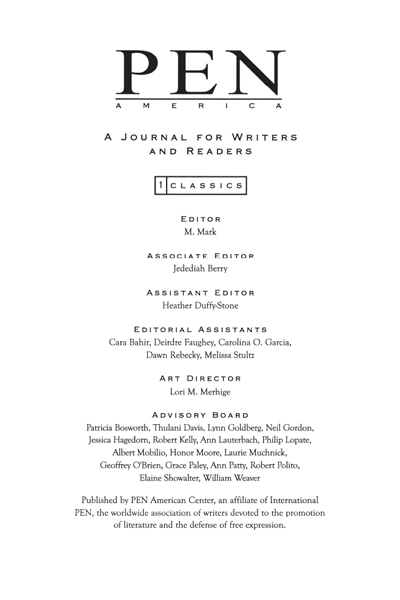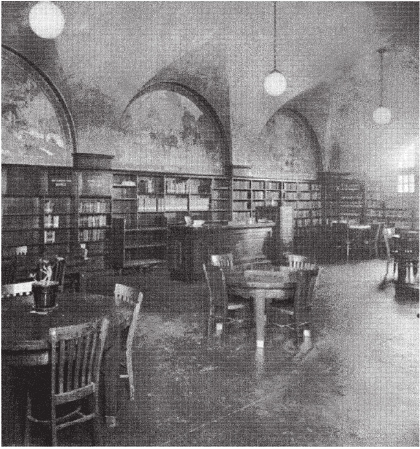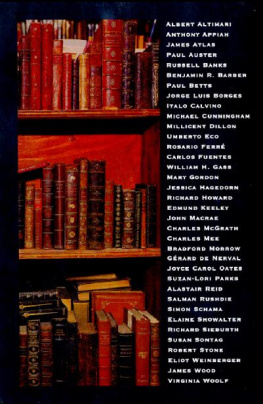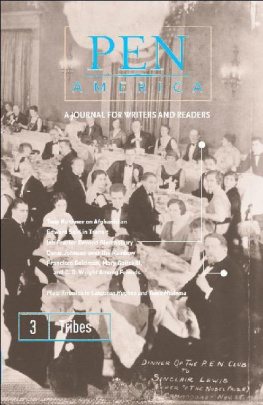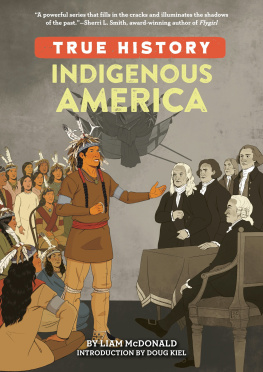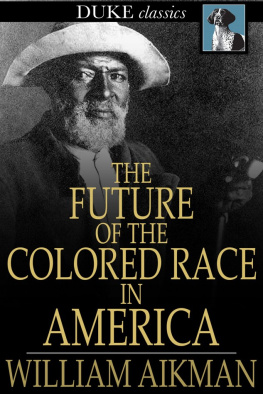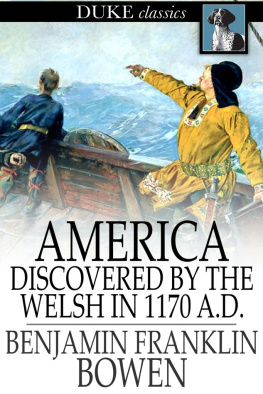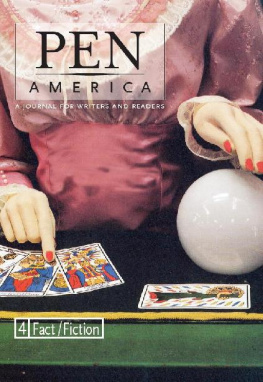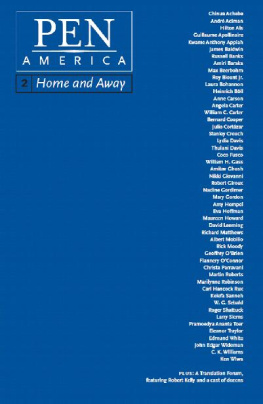PEN A MERICA
Volume 1, Issue 1 (Winter 2000/01)
Published by PEN American Center, 568 Broadway, Suite 401, New York, NY 10012. Telephone: (212) 334-1660, fax: (212) 334-2181, e-mail: .
This issue is made possible in part by the generous funding of Furthermore, the publication program of the J.M. Kaplan Fund.
Copyright 2000 PEN American Center, Inc.
All rights reserved. No portion of this journal may be reproduced by any process or technique without the formal consent of PEN American Center. Authorization to photocopy items for internal, educational or personal use is granted by PEN American Center. This consent does not extend to other kinds of copying, such as copying for general distribution, for advertising or promotional purposes, for creating new collective works, or for resale.
Printed in the United States of America
Postmaster: send address changes to PEN America, c/o PEN American Center, 568 Broadway, Suite 401, New York, NY 10012.
C OVER PHOTOGRAPH : Christa Parravani
A CKNOWLEDGMENTS
Borges, Jorge Luis. A Grandiose Manifesto from Breton. From Selected Non-Fictions by jorge Luis Borges. Copyright 1999 by Maria Kodama. Reprinted by permission of Viking/Penguin Putnam.
Borges, Jorge Luis. "An English Version of the Oldest Songs in the World. From Selected Non-Fictions by jorge Luis Borges. Copyright 1999 by Maria Kodama. Reprinted by permission of Viking/Penguin Putnam.
Borges, Jorge Luis. Richard Hull, Excellent Intentions. From Selected Non-Fictions by jorge Luis Borges. Copyright 1999 by Maria Kodama. Reprinted by permission of Viking/Penguin Putnam.
Borges, Jorge Luis. Sir William Barrett, Personality Survives Death. From Selected Non-Fictions by Jorge Luis Borges. Copyright 1999 by Maria Kodama. Reprinted by permission of Viking/Penguin Putnam.
Borges, Jorge Luis. Theodore Dreiser. From Selected Non-Fictions by Jorge Luis Borges. Copyright 1999 by Maria Kodama. Reprinted by permission of Viking/Penguin Putnam.
Borges, Jorge Luis. H.G. Wells Latest Novel. From Selected Non-Fictions by Jorge Luis Borges. Copyright 1999 by Maria Kodama. Reprinted by permission of Viking/Penguin Putnam.
Borges, Jorge Luis. Joyces Latest Novel. From Selected Non-Fictions by Jorge Luis Borges. Copyright 1999 by Maria Kodama. Reprinted by permission of Viking/Penguin Putnam.
Borges, Jorge Luis. An Overwhelming Film. From Selected Non-Fictions by Jorge Luis Borges. Copyright 1999 by Maria Kodama. Reprinted by permission of Viking/Penguin Putnam.
Borges, Jorge Luis. The Cruel Redeemer Lazarus Morrell. From Collected Fictions by Jorge Luis Borges. Copyright 1999 by Maria Kodama. Reprinted by permission of Viking/Penguin Putnam.
Borges, Jorge Luis. The Aleph, translated by Andrew Hurley. From Collected Fictions by Jorge Luis Borges. Copyright 1999 by Maria Kodama. Reprinted by permission of Viking/Penguin Putnam.
Borges, Jorge Luis. In Praise of Darkness. From Selected Poems by Jorge Luis Borges. Copyright 1999 by Maria Kodama; translation copyright 1999 by Hoyt Rogers. Reprinted by permission of Viking/Penguin Putnam.
Borges, Jorge Luis. The Other Tiger. From Selected Poems by Jorge Luis Borges. Copyright 1999 by Maria Kodama; translation copy right 1999 by Alastair Reid. Reprinted by permission.
Borges, Jorge Luis. Matthew XXV: 30. From Selected Poems by Jorge Luis Borges. Copyright 1999 by Maria Kodama; translation copyright 1999 by Alastair Reid. Reprinted by permission.
Calvino, Italo. Why Read the Classics? From Why Read the Classics? by Italo Calvino. Copyright 1999 by Jonathan Cape. Reprinted by permission of Pantheon Books.
Cavafy, C.P. The God Abandons Antony. From Collected Poems by C.P. Cavafy. Translation copyright 1992 by Edmund Keeley and Philip Sherrard. Reprinted by permission of Princeton University Press.
Cavafy, C.P. Ionic. From Collected Poems by C.P. Cavafy. Translation copyright 1992 by Edmund Keeley and Philip Sherrard. Reprinted by permission of Princeton University Press.
Cavafy, C.P. Ithaka. From Collected Poems by C.P. Cavafy. Translation copyright 1992 by Edmund Keeley and Philip Sherrard. Reprinted by permission of Princeton University Press.
Cavafy, C.P. King Claudius. From Collected Poems by C.P. Cavafy. Translation copyright 1992 by Edmund Keeley and Philip Sherrard. Reprinted by permission of Princeton University Press.
Ferr, Rosario. Reaching the Center. Copyright 1999 by Rosario Ferr. Printed by permission of Susan Bergholz Literary Services, New York. All rights reserved.
Gass, William H. On Reading to Oneself. From Habitations of the Word, by William H. Gass. Copyright 1985 by William Gass. Reprinted by permission.
Nerval, Grard de. Aurelia. From Selected Writings by Grard de Nerval. Translation copyright 1999 by Richard Sieburth. Reprinted by permission of Penguin Classics.
Parks, Suzan-Lori. An Equation for Black People Onstage. From The America Play and Other Works, by Suzan-Lori Parks. Copyright 1995 by Suzan-Lori Parks. Reprinted by permission of Theatre Communications Group.
Meek young men grow up in libraries, believing it is their duty to accept the views, which Cicero, which Locke, which Bacon, have given, forgetful that Cicero, Locke, and Bacon were only young men in libraries when they wrote these books.
Ralph Waldo Emerson
I WAS NEVER much of an athlete, but I was once a member of a team. Indeed, I was its star, and we were champions. I belonged to a squad of speed readers, although I was never awarded a letter for it. Still, we took on the top teams in our territory, and read as rapidly as possible every time we were challenged to a match, hoping to finish in front of our opponents: that towheaded punk from Canton, the tomato-cheeked girl from Marietta, or that silent pair of sisters, all spectacles and squints, who looked tough as German script, and who hailed from Shaker Heights, Ohio, a region noted for its swift, mean raveners of text. We called ourselves The Speeders. Of course. Everybody did. There were the Sharon Speeders, the Steubenville Speeders, the Sperryville Speeders, and the Niles Nouns. The Niles Nouns never won. How could theywith that name. Nouns are always at rest.
I lost a match once to a kid from a forgettable small town, but I do remember he had green teeth. And thats the way, Im afraid, we always appeared to others: as creeps with squints, bad posture, unclean complexions, unscrubbed teeth, unremediably tousled hair. We never had dates, only memorized them; and when any real team went on the road to represent the school, we carried the socks, the Tootsie Rolls, the towels. My nemesis had a head of thin red hair like rust on a saw; he screwed a suggestive little finger into his large fungiform ears. He was made of rust, moss, and wax, and I had lost to himlostand the shame of that defeat still rushes to my face whenever I remember it. Nevertheless, although our team had no sweaters, we never earned a letter, and our exploits never made the papers, I still possess a substantial gold-colored medallion on which one sunbeaming eye seems hung above a book like a spider. Both book and eye are openwide. I take that open, streaming eye to have been a symbol and an omen.
